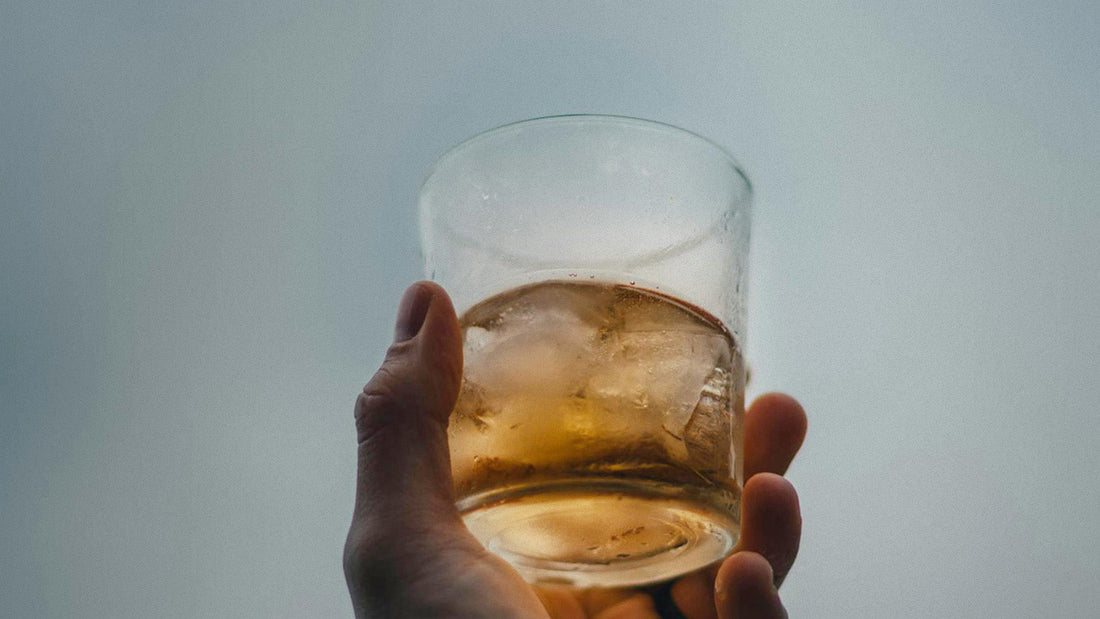
The Truth About Vintage: Is Older Always Better?
When it comes to wine and spirits, the idea that “older means better” is a common assumption. Vintage years often carry an aura of prestige, and many collectors chase bottles from celebrated years. But is aging truly the ultimate mark of quality? Let’s explore the truth behind vintage and what really matters when choosing aged beverages.
1. Understanding Vintage: What Does It Mean?
“Vintage” refers to the year when the grapes were harvested or the spirit was distilled. For wine, it signals the specific growing season’s conditions—weather, rainfall, and temperature—that shape the character of that year’s production. In spirits like whiskey or cognac, the age statement typically refers to how long the liquid has matured in barrels.
2. Not All Old Wines Age Well
While some wines improve dramatically with age, many are meant to be enjoyed young and fresh. Varietals like Beaujolais or most rosés don’t benefit from long aging. Even fine wines have an optimal drinking window, beyond which their flavors may fade or turn overly mellow.
3. Aging Spirits vs. Aging Wine
Spirits are different—aging in barrels allows chemical reactions that develop complexity and smoothness over time. However, spirits do not age once bottled, so a 30-year-old whiskey isn’t “older” once it’s bottled, just a matured product. Quality depends on barrel type, storage, and distillation, not just age.
4. Vintage Quality Depends on Region and Conditions
Some years produce exceptional vintages due to perfect climate conditions; others are less remarkable. In regions with variable weather, the vintage year matters a lot. But in more consistent climates, vintage variation is minimal. Understanding the reputation of a vintage year can guide your choice better than simply choosing the oldest bottle.
5. Personal Preference Over Age
Ultimately, what matters most is your palate. Some prefer the bright fruitiness of younger wines, others the depth of aged bottles. Similarly, some enjoy the rich, mellow notes of older spirits, while others favor fresher expressions. Don’t be afraid to explore different vintages to find what suits your taste.
While vintage and aging can indicate quality and complexity, they are not guarantees of superiority. Good wine and spirits come in many forms and ages. Appreciating the nuances of vintage helps you make informed choices, but the best bottle is always the one you enjoy most.
